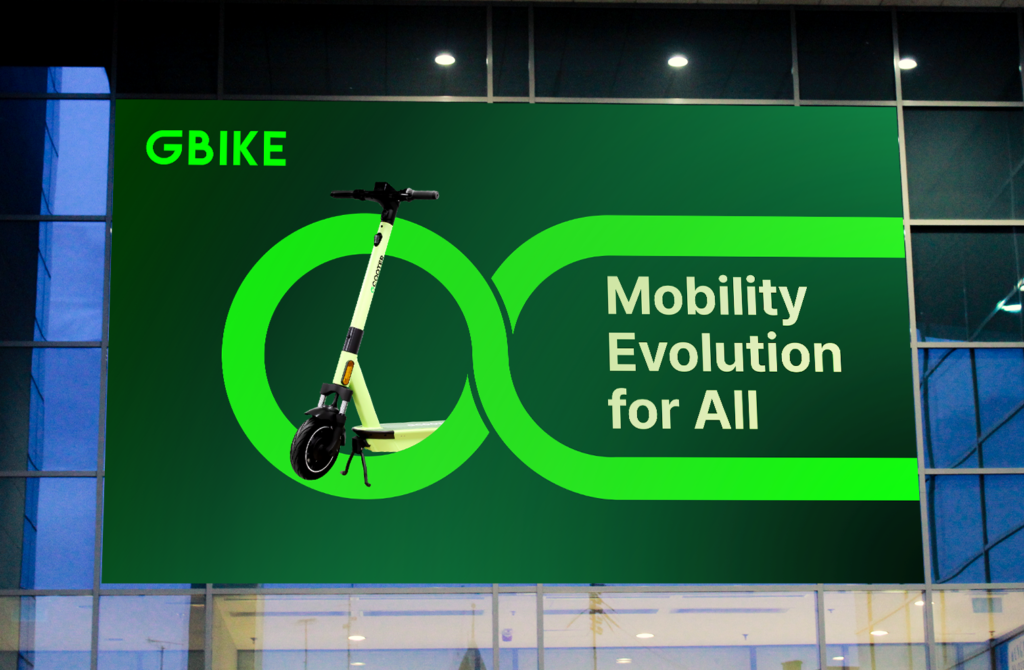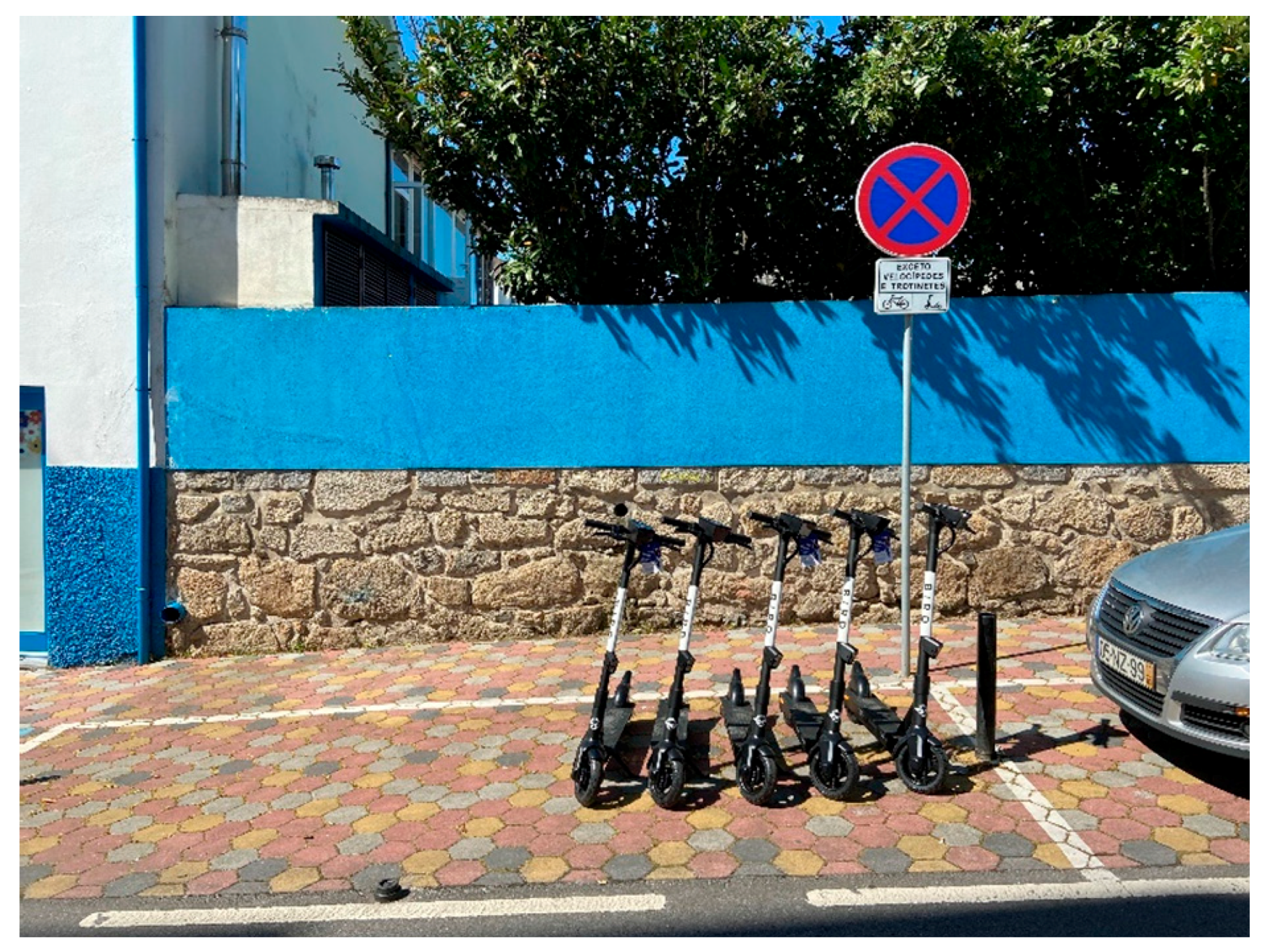
Amidst global uncertainties and setbacks faced by micromobility companies, South Korea’s Gbike, a shared e-scooters and e-bikes operator, is boldly stepping forward with plans to go public on the Korean stock market in early 2025. The startup, led by CEO Walter Yoon, is not content to simply navigate the challenges but is actively reviewing potential acquisition targets to bolster its market share before the anticipated initial public offering.
Yoon confirmed ongoing talks for acquisitions in the micromobility sector, aiming to finalize deals with three to five potential targets. Last year, Gbike strategically acquired the local micromobility platform ZET from Hyundai Motor, reinforcing its technological capabilities. The startup recently closed a Series C funding round, securing around $9.1 million, bringing its total raised capital to $21 million since its establishment in 2017.
In a remarkable contrast to its global peers, Gbike boasts profitability, with an EBITDA of $40 million and revenue of $13.7 million in 2022. The startup projects a 25% YoY revenue increase, reaching $50 million in 2023, with 30% of EBITDA and 10% of EBIT. Gbike attributes its success to deep vertical integration, from logistics and operations to manufacturing.
One of Gbike’s distinguishing features is its ability to manufacture its own vehicles, including e-scooters, e-bikes, and batteries. The startup’s integrated operation team, unlike competitors outsourcing field operators, further streamlines communication channels for optimal performance. With a fleet of 35,000 e-bikes, 100,000 electric scooters, and 3.4 million users in South Korea, Gbike’s unique approach extends to developing a proprietary battery suitable for various electric vehicles.
Gbike’s forward-thinking vision involves the deployment of a battery-swapping infrastructure, with plans to build 4,000 stations across South Korea by 2030. Partnering with Zentrophy, the startup aims to facilitate 50,000 daily battery swaps. Gbike is not only committed to its home market but has expanded its services to Thailand, Vietnam, and the U.S., with a keen focus on Southeast Asia. The startup is strategically investing in international markets, recently launching in Memphis, Tennessee, and Guam. As Gbike continues to innovate, its expansion plans include transitioning to profitability in Southeast Asia and the U.S.




